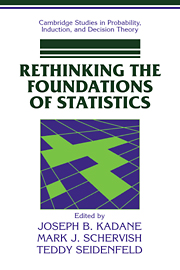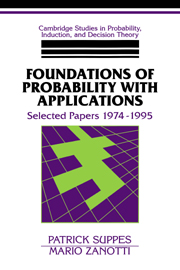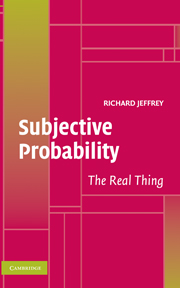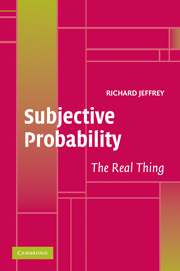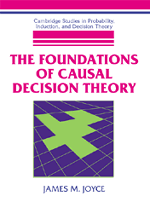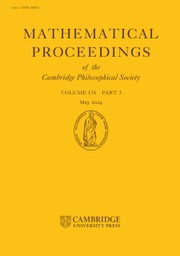Rethinking the Foundations of Statistics
This important collection of essays is a synthesis of foundational studies in Bayesian decision theory and statistics. An overarching topic of the collection is understanding how the norms for Bayesian decision making should apply in settings with more than one rational decision maker and then tracing out some of the consequences of this turn for Bayesian statistics. There are four principal themes to the collection: cooperative, non-sequential decisions; the representation and measurement of 'partially ordered' preferences; non-cooperative, sequential decisions; and pooling rules and Bayesian dynamics for sets of probabilities. The volume will be particularly valuable to philosophers concerned with decision theory, probability, and statistics, statisticians, mathematicians, and economists.
- Major collection on the foundations of Bayesian decision theory
- Technical stuff but likely to do well in some European markets such as Scandinavia and Germany
Product details
November 1999Hardback
9780521640114
400 pages
236 × 158 × 27 mm
0.655kg
25 b/w illus. 3 tables
Available
Table of Contents
- Introduction
- Part I. Decision Theory for Cooperative Decision-Making:
- 1. Shared preferences of two Bayesian decision makers
- 2. Decisions without ordering
- 3. A representation of partially ordered preferences
- Part II. The Truth about Consequences:
- 4. Separating probability elicitation from utilities
- 5. State-dependent utilities
- 6. Shared preferences and state-dependent utilities
- 7. A conflict between finitely additive probability and avoiding Dutch book
- 8. Statistical implications of finitely additive probability
- Part III. Non-Cooperative Decision Making, Inference, and Learning with Shared Evidence:
- 9. Subjective probability and the theory of games
- 10. Equilibrium, common knowledge, and optimal sequential decisions
- 11. A fair minimax theorem for 2 person (zero-sum) games involving finitely additive strategies
- 12. Randomization in a Bayesian perspective
- 13. Characterizations of externally Bayesian pooling operators
- 14. An approach to consensus and certainty with increasing evidence
- 15. Reasoning to a foregone conclusion
- 16. When several Bayesians agree that there will be no reasoning to a foregone conclusion.

